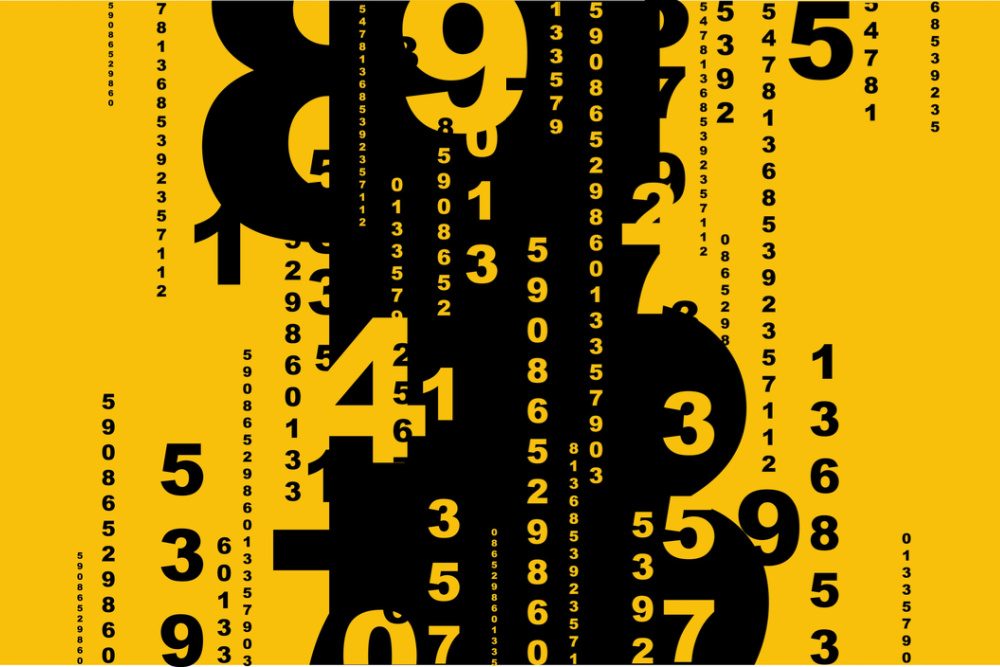In the world of numbers for SIM cards for kids, there’s a unique charm that certain combinations hold – the kind that makes you smile when you see them. These numbers have a way of catching our attention and sticking in our memory. They’re called “nice” numbers, and they possess intriguing patterns that captivate both young minds and those with an affinity for numerical beauty.

What Makes a Number Nice?
- Repeated Digits: Numbers like 11, 22, and 333 are simple yet appealing due to their symmetry. Children often find these numbers delightful and easy to remember.
- Series of Prime Numbers: Prime numbers have an aura of mystery about them, making sequences like 2, 3, 5, or 11, 13, 17 intriguing for young number enthusiasts.
- Palindrome Numbers: Palindromes such as 121, 454, and 87778 possess a playful symmetry that sparks curiosity and amusement.
- Lucky Numbers: Numbers with cultural or personal significance, such as 7 or 8 in many cultures, often feel “nice” due to their positive associations.
- Sequential Numbers: Sequences like 123, 234, or 345 can feel like a fun countdown, adding an element of excitement.
- Embedded Equations: Groups of digits such as “4728” form mathematically-correct equations (4 * 7 = 28) if you insert mathematical symbols between them.
What Makes a Number Bad?
On the other side of the spectrum, certain numbers might evoke discomfort or unease. This can be particularly relevant for mobile phones for children with autism or dyslexia who might struggle with certain number patterns.
- Chaotic Patterns: Numbers with irregular sequences or seemingly random arrangements could be challenging for children with autism, as they might prefer order and predictability.
- Difficult Pronunciation: Numbers with complex pronunciation or those that sound similar to other words might be confusing for children with dyslexia or other language difficulties.
- Unpleasant Associations: Numbers that have negative connotations in cultural or personal contexts could evoke anxiety or distress.
Numbers for Children with Autism or Dyslexia
At ParentShield, we understand that every child is unique, and their needs deserve the utmost consideration. For children with autism or dyslexia, using memorable and comfortable numbers (while avoiding those that might evoke discomfort or unease) can play a crucial role in their interaction.
When presented with a plea for a “nice number” for a child with autism or dyslexia, we’ll always attempt to fulfil this need to the best of our abilities – we’ll scrutinise our number inventory, ensuring the most suitable match is selected and will always endeavour to sidestep numbers that might pose challenges.
Just leave a note in checkout.
